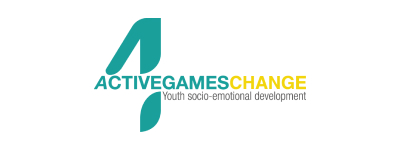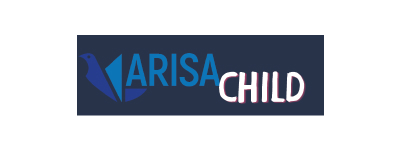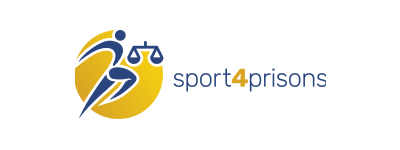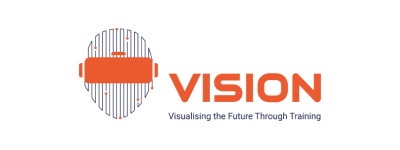
Active Games 4Change
Sport and physical activity learning environment for citizenship, emotional, social and e-competences training

European Induction Support for Adult Learning Professionals to the Correctional Criminal Justice System
Timeframe
10/2013 - 10/2015 (36 months)
Get in touch

EISALP is a dynamic and innovative partnership committed to developing prison education throughout Europe. Previous successful initiatives concerning education in detention (individually and collaboratively) revealed that the missing link towards a truly developed sector is the specific teacher education and training for teaching in prison settings.
The cornerstone is that there is no consistent approach to what a prison teacher is, what the key skills are and how to assist best adult learning professionals in becoming one. Therefore, we take the challenge to show that a mix of public institutions and private organizations can turn a potentially disadvantaged profession into a successful and rewarding qualification by providing tailored resources through common initiatives and collaboration.

To improve the content and delivery of adult education in prison settings through:
To develop a key competency profile for adult learning professionals working in correctional criminal justice system, based on:
To improve the management of adult education professionals through measures to develop the learning dimension of the correctional criminal justice system in the partner countries.
To develop modular tailor-made induction support for adult learning professionals working in correctional criminal justice system, based on the previously developed European key competency profile, consisting of:
To mainstream the induction support and its components in correctional criminal justice system, at educational department and staff management level by:
Consistent progress in the professionalization of correctional education.
Opening of the prison settings towards the lifelong learning culture.
Increase the quality of prison teaching and the interest of teachers towards prison education.
Better equipped teachers in navigating the first days of working in prison settings.
Better educated inmates, with higher chances of successful reintegration.
Setting-up in-service training courses for adult education staff.
Share experience and good practice and give rise to concrete results and outputs suitable for dissemination (methods, tools, materials, courses).
Quality assurance of adult learning, including the professional development of staff developing the competences and career pathways of teachers, trainers and other staff.
Improving the content and delivery of adult education through the production, testing, comparative appraisal/dissemination of innovative curricula, methodologies and modules for adult learners.
Improving the management of adult education, measures to develop the learning dimension of organizations not primarily concerned with adult education..

Sport and physical activity learning environment for citizenship, emotional, social and e-competences training

Assessing the Risk of Isolation of Sentenced and Accused: Enhancing the Capacity of Correctional Services to Work with Convicted Children

Cross-sectoral awareness building on mental health needs in the criminal justice system and on release

Blended Learning Environment for European Prisoners

Bringing Safety on the Roads

Coding in prison as a valuable OUTside tool for employment

Taking Further Prisoners’ Education Projects in Using Dialogue as Preparing for Release

European Interaction Guidelines for Education Professionals when working with Children in Juvenile Justice Contexts

Fair predictions of gender-sensitive recidivism

European Framework of Competences for Community Professionals in Gang Environments

Promoting sustainability in prisons through green competencies, education, and pathways to employment

Identifying future capabilities for Community Policing

Key Competencies for Minor Offender Reintegration

Development and testing of a process chain for the placement of former detainees as specialists in the labour market

Peer Pro-Social Modeling in Probation

Preventing Emotional and Sexual Abuse Among Young People

A flexible, multidisciplinary and transnational VET model for the PROBATION services and practitioners

Strengthening the capacity of criminal justice professionals and volunteers

New sports method for prisons as a tool to support competency development, positive values, and reintegration

Systematic Transition from Prison into the Labour Market

Training of Refugee Offenders by Virtual Reality

Secured digital education system for vocational skills for youngsters in closed institutions

Integrating Young Offenders Through the Blue Economy

Virtual reality for training inmates

Visualising the Future Through Training

Developing and Using Virtual Reality Technology for the Rehabilitation of Drug Users in Probation Services

Reducing Reactive Aggression through Virtual Reality